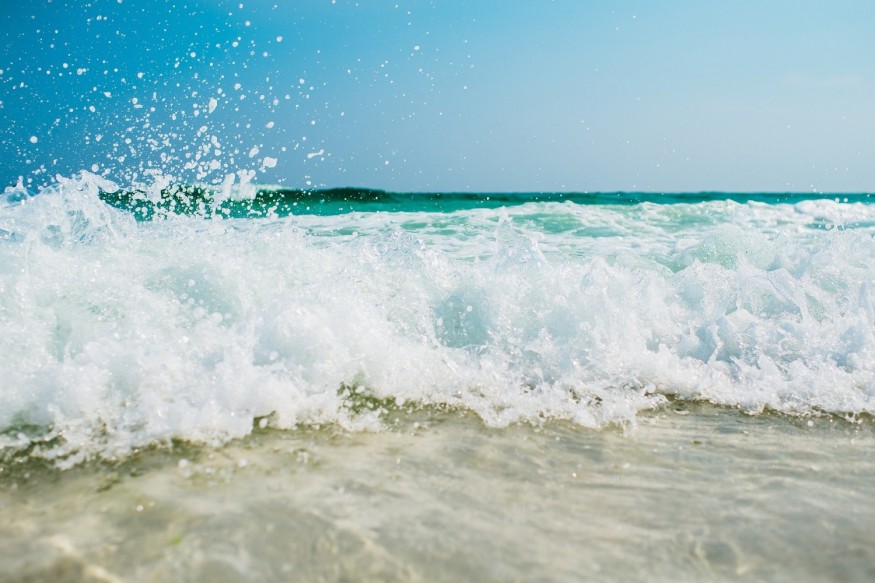
In a world that seems overwhelmed by potentially infinite plastic waste, are biodegradables the final solution? Probably not. But it isn't effortless. The industry remains debating what "biodegradable" actually means. And a few plastics made from fossil fuels will biodegrade, while some plant-based "bioplastics" won't.
Biodegradable plastics are around since the late 1980s. They initially were marketed with the implied promise that they'd somehow disappear once they were disposed of, even as fungi and soil microbes decompose leaves on the forest floor. It hasn't quite figured out that way.
Biodegradables don't live up to their promise, for instance, within the dark, oxygen-free environment of a billboard landfill or the cold waters of the ocean, if they ought to find yourself there. You can't throw them in your backyard compost either. To crash down, they require the 130-degree heat of an industrial composter.
Many industrial composters accept only plastics that meet specific standards, ensuring they're going to leave no fragments behind, which will harm the environment or human health. And if you throw some biodegradables in with recyclables, you would possibly ruin the latter, creating a mixture that will not be relied on to form durable new plastic.
But you can still do something about the plastics. Here are six ways you could do and feel no pain.
1. Say 'no' to plastic bags.
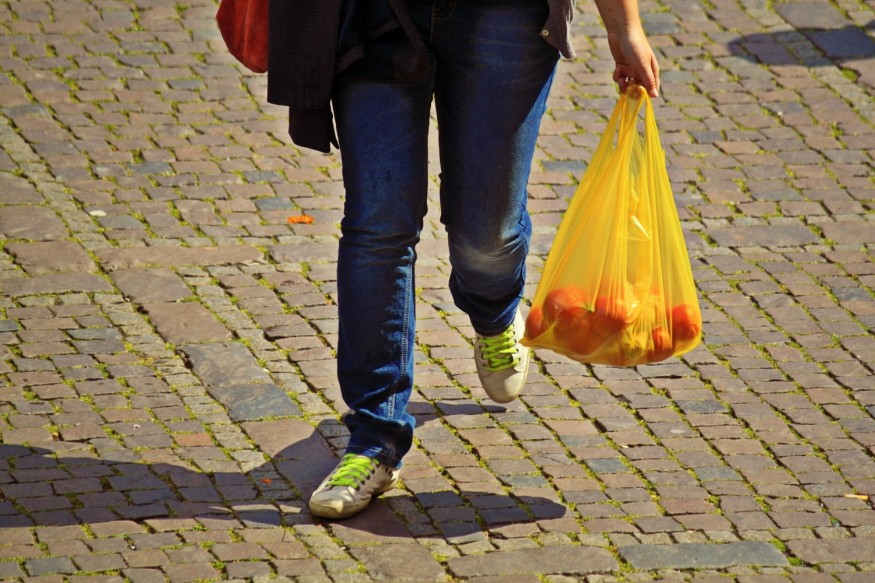
Take your reusable ones to the shop. ConservationNow, a non-profit organization, cited a report from International Fund for Animal Welfare that a trillion plastic shopping bags are used worldwide per annum and that's almost one per American per day. In contrary, National Geographic reported that the typical Dane goes through four single-use bags per annum. Denmark passed the primary bag tax in 1993.
2. Skip straws.
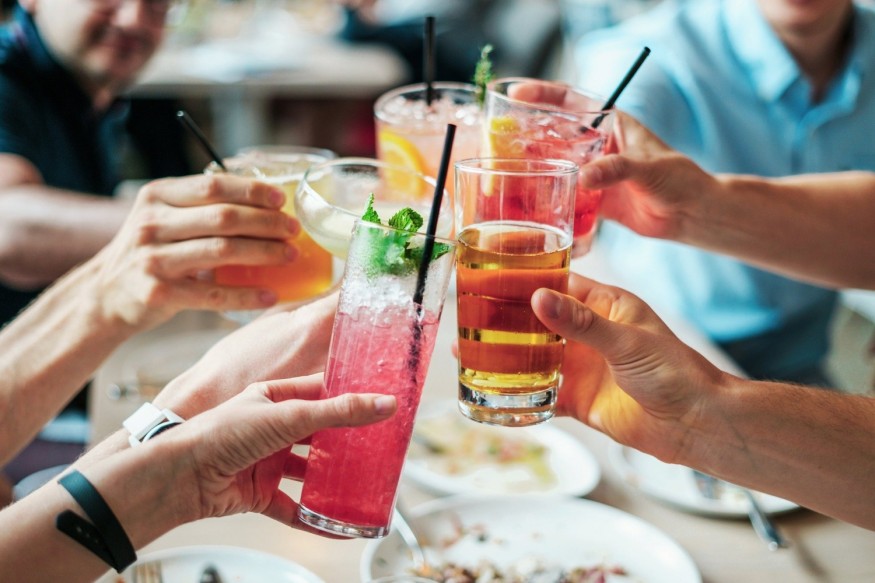
Straws
Unless you've got medical needs, and even then, you'll use paper ones. Americans toss 500 million plastic straws a day or about 1.5 per person, according to National Geographic.
3. Pass up plastic bottles.
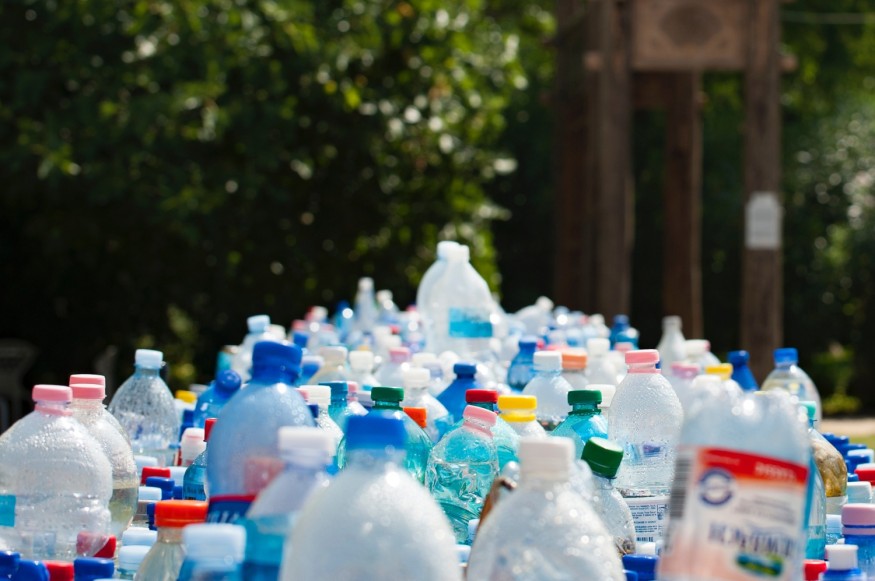
Invest during a refillable bottle. Some accompany filters if you're worried about water quality. A couple of cities, including Bundanoon, Australia, and San Francisco, have banned or partially banned drinking water. But around the world, nearly 1,000,000 plastic beverage bottles are sold every minute.
4. Avoid plastic packaging.
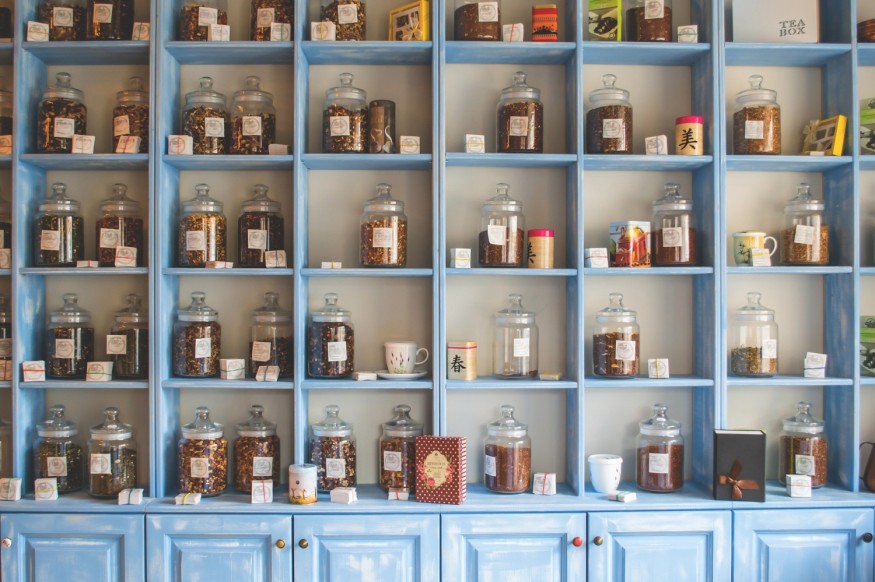
Buy soap rather than liquid. Stock bulk and avoid produce sheathed in plastic. And while you're at it, hand over plastic plates and cups. The French are (partially) banning the things.
5. Recycle what you can.

Even in rich countries, recycling rates are low. Globally, about 18 percent of all plastic that were used is recycled. Europe manages 30 percent, China, 25, and the US, only 9.
6. Don't litter.
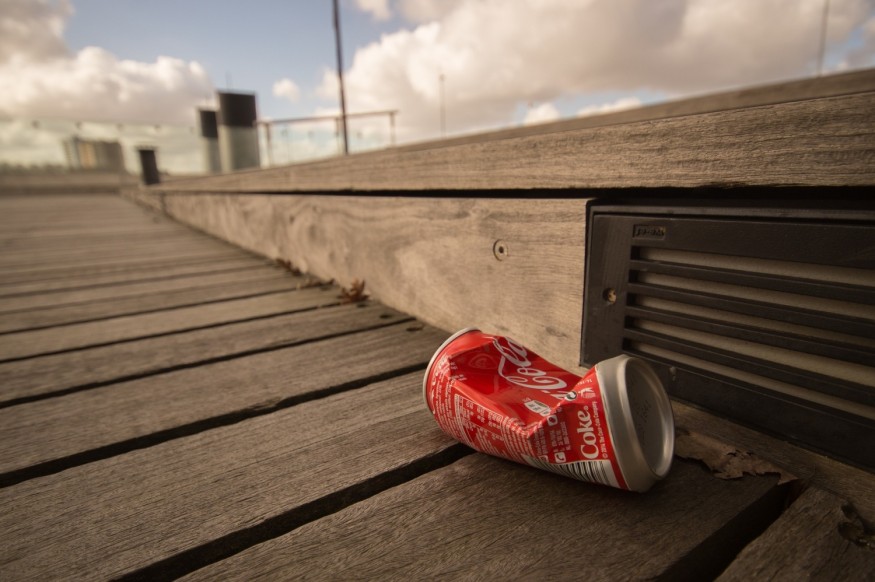
The Ocean Conservancy has been working on beach cleanups for 30 years. Of the highest ten sorts of trash they find, the sole nonplastic item is glass bottles. Worldwide, more than 70 percent of beach litter is plastic - which consists of cigarette butts, bottles and caps, food wrappers, grocery bags, polystyrene containers. In 2016 the conservancy collected 9,200 plenty of trash in 112 countries-around a thousandth of what enters the ocean annually.
What now?
But recycling can go only thus far. A part of the answer, many says, must be to use less disposable plastic in the first place. Many communities worldwide are embracing the "Zero Waste" movement-including the downtrodden industrial town of Roubaix, France, where the success of a citizens' campaign shows that zero waste is quite an affectation of made liberals.
© 2025 NatureWorldNews.com All rights reserved. Do not reproduce without permission.





